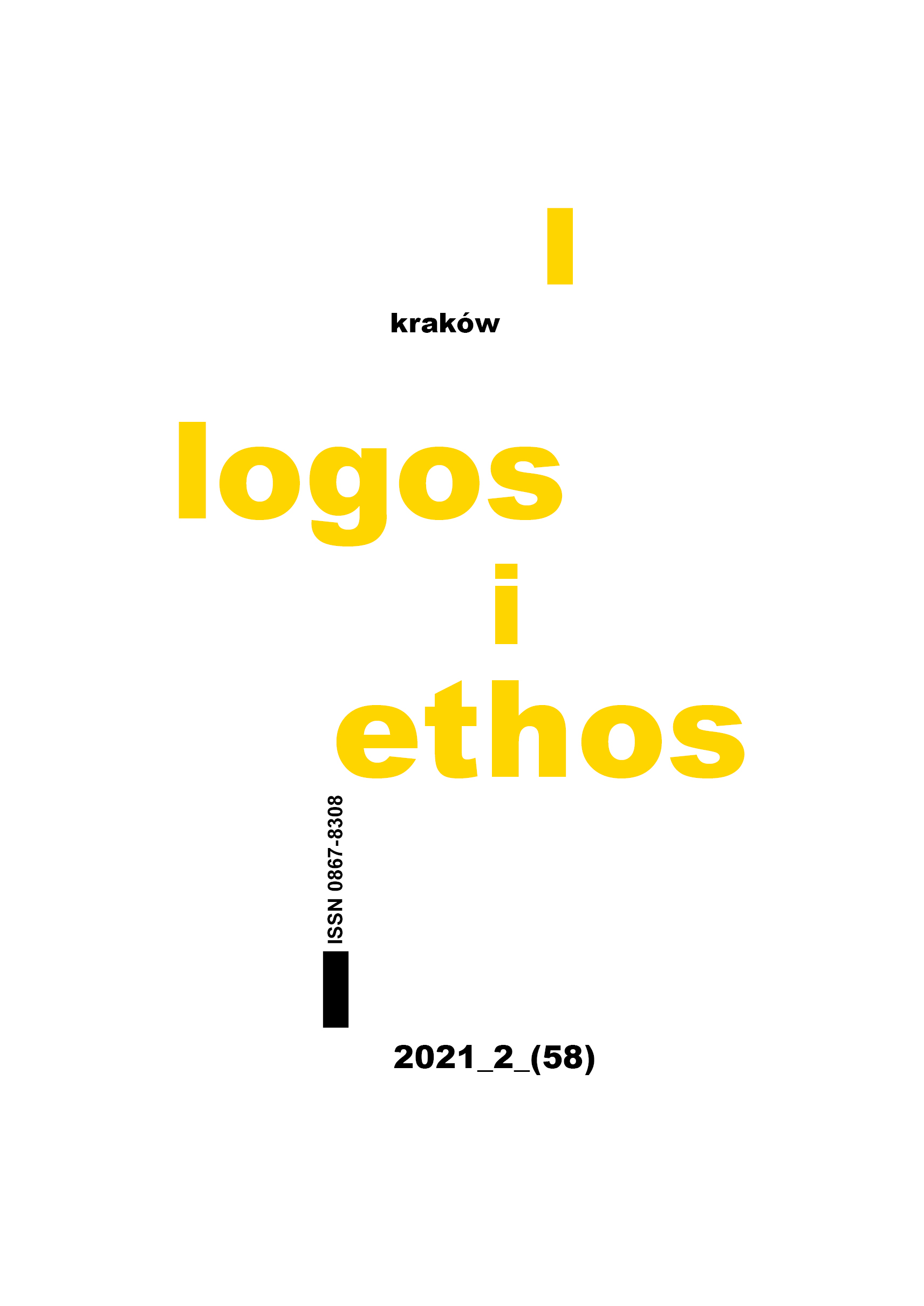A Cyclical and Linear Picture of History in the Historiosophy of the 20th Century Based on the Ideas of Oswald Spegler and Francis Fukuyama
DOI:
https://doi.org/10.15633/lie.4172Keywords:
philosophy of history, historiosophy, linearity, cyclicality, cultureAbstract
This article presents two historiosophical models present in the philosophy of history in 20th century. The first one, assuming the cyclical nature of history, was presented on the basis of Oswald Spengler’s The Decline of the West. The second, linear, was the foundation of the philosophy of history contained in The End of History and the Last Man by Francis Fukuyama. In this context, issues of progress and regression, the irreversibility of the historical process as well as historical determinism were raised. In the summary, the Author draws attention to the way in which the choice of a specific concept of history: linear or cyclical, corresponds with the criticism or affirmation of the existing socio-political order. At the same time, the question is raised concerning the meaning of the term “culture” as the subject of history characteristic of the historiosophy of the twentieth century.
References
Angehrn E., Filozofia dziejów, tłum. J. Marzęcki, Kęty 2007.
Czarnecki Z.J., Kryzys optymizmu historycznego: studium przewodnich idei, w: W kręgu pesymizmu historycznego, red. Z.J. Czarnecki, Lublin 1992, s. 5–41.
Czarnecki Z.J., Przyszłość i historia, Lublin 1981.
Czarnecki Z.J., Wartość i historia. Studia nad refleksją filozoficzną o ludzkim świecie, Lublin 1992.
Durkheim E., Elementarne formy życia religijnego, tłum. A. Zadrożyńska, Warszawa 1990.
Edelstein L., The Idea of Progress in Classical Antiquity, Baltimore 1967.
Eliade M., Mit wiecznego powrotu, tłum. K. Kocjan, Warszawa 1998.
Fukuyama F., Koniec historii, tłum. T. Bieroń, M. Wichrowski, Kraków 2009.
Fukuyama F., Koniec historii i ostatni człowiek, tłum. T. Bieroń, M. Wichrowski, Kraków 2017.
Geertz C., The Interpretation of Culture, New York 1973.
Jakubowski M.N., Historiozofia jako filozofia praktyczna. Hegel a polska filozofia czynu, Bydgoszcz 1991.
Koepke I., Francis Fukuyama i trzy dekady od „końca historii”, w: Filozofia przeszłości, filozofia przyszłości, red. J. Grygieńć, Toruń 2020, s. 41–71.
Kołakowski A., Spengler, Warszawa 1981.
Kroeber A.L., Kluckhohn C., Culture. A Critical Review of Concepts and Definitions, New York 1966.
Lloyd G.E.R., Czas w myśli greckiej, w: Czas w kulturze (207–261), red. A. Zajączkowski, Warszawa 1988, s. 207–261.
Nisbet R., History of The Idea of Progress, New York 1980.
Nisbet R., Social Change and History. Aspects of Western Theory of Development, New York 1969.
Sklair L., The Sociology of Progress, London 1970.
Spengler O., Der Untergang des Abendlandes, München 1922.
Spengler O., Zmierzch Zachodu, tłum. J. Marzęcki, Warszawa 2014.
Downloads
Published
Issue
Section
License
Authors who publish with this journal agree to the following terms:
- Authors retain the copyright and full publishing rights without restrictions, and grant the journal right of first publication with the work simultaneously licensed under a Creative Commons Attribution 4.0 International License that allows others to share the work with an acknowledgement of the work's authorship and initial publication in this journal.
- Authors are able to enter into separate, additional contractual arrangements for the non-exclusive distribution of the journal's published version of the work (e.g., post it to an institutional repository or publish it in a book), with an acknowledgement of its initial publication in this journal.
- Authors are permitted and encouraged to post their work online (e.g., in institutional repositories or on their website) prior to and during the submission process, as it can lead to productive exchanges, as well as earlier and greater citation of published work (See The Effect of Open Access).

